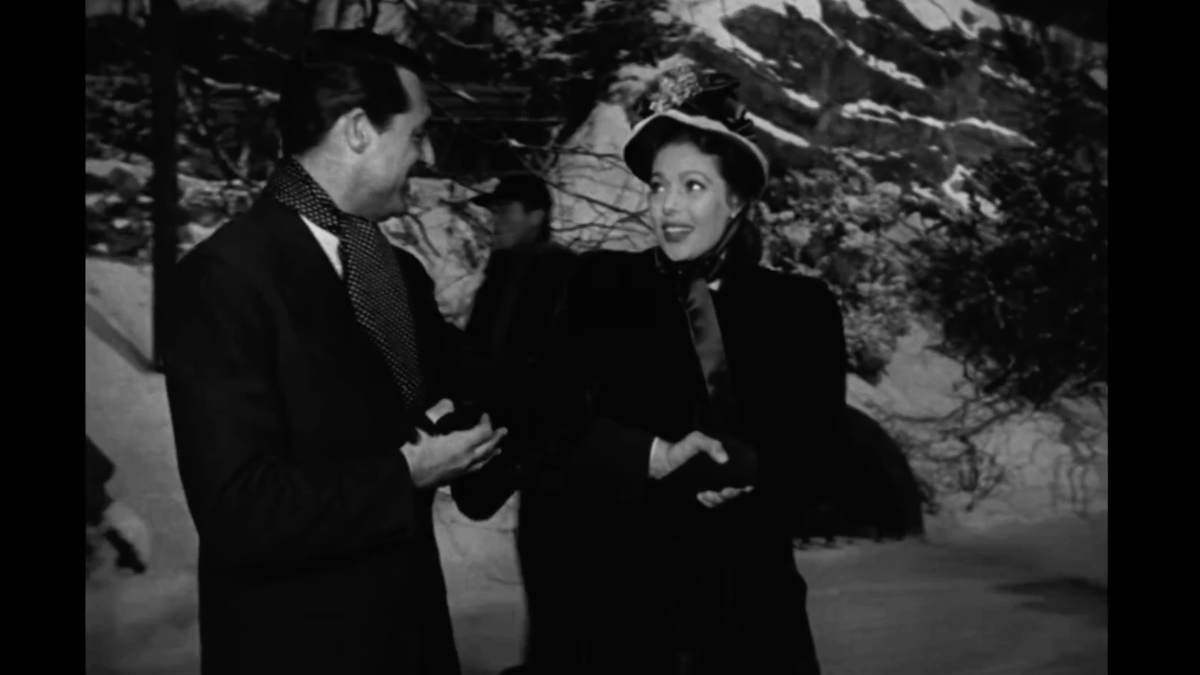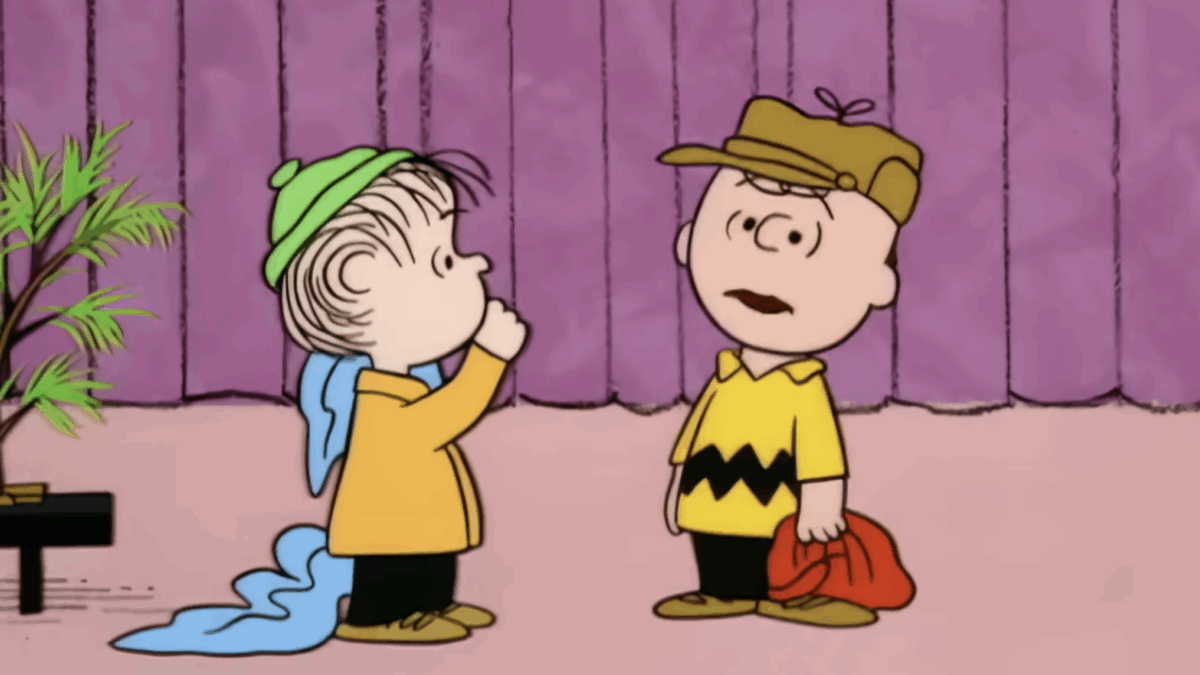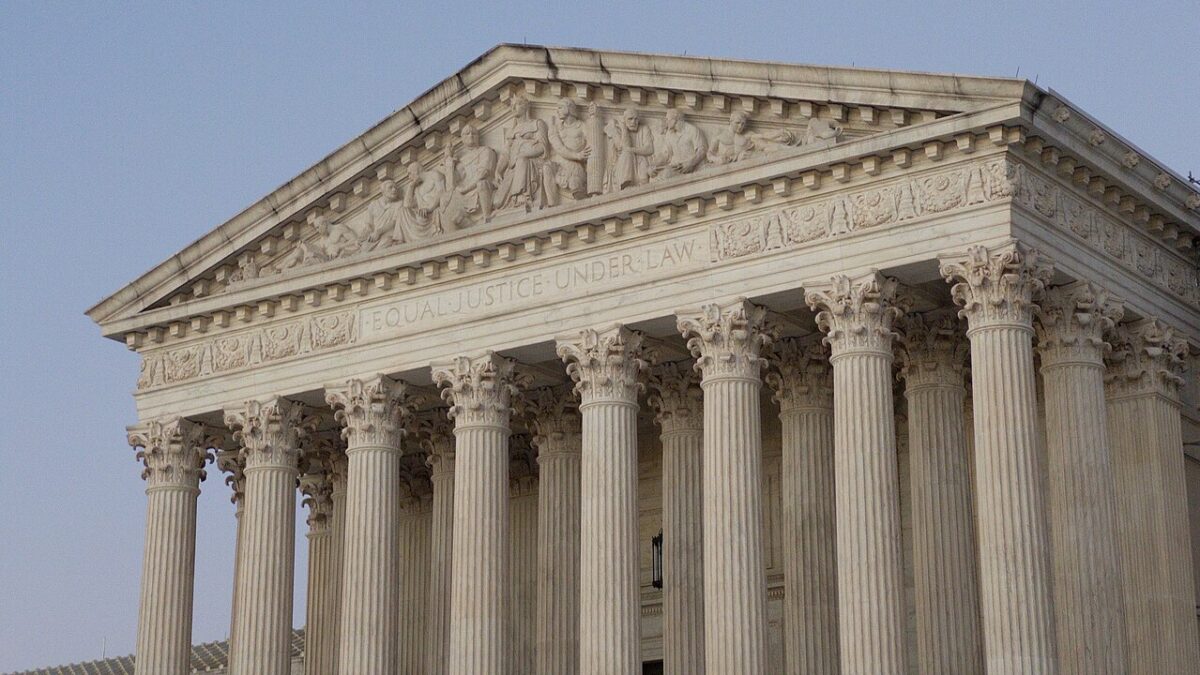
A group of religious fundamentalists takes an elevator straight to a spectacular penthouse office of New York City’s top media empire to sell a story to the publisher himself. As the self-described truth-seekers enter the office, they discover the publisher working hand in hand with a U.S. senator and future presidential candidate on an upcoming campaign.
Dismissive, the magnate eschews any thoughts of the allegedly far-fetched conspiracy theory lest he and his hand-chosen, politically expedient pick for president be tainted by association. Heavens knows that a cult of personality cannot be built for someone who allows stories to enter the zeitgeist that don’t fit a predetermined and intentional narrative. Media must be controlled, and any opponents or threats must be delegitimized.
Returning a dropped pamphlet to a member of the group, the intolerant candidate tells one of the deplorables pitching the story on the way out, “Here you go, freak — why don’t you put that in the trash where you all belong.”
No, the media outlet isn’t one of the standard mainstream culprits who refused to thoroughly investigate stories about Benghazi, private email servers, or any other number of scandals in an effort to protect their anointed presidential candidate despite loads of evidence sitting in front of producers and editors. (Although it wouldn’t be too far-fetched if it were.) This vignette instead highlights one of J.K. Rowling’s favorite themes from her new Harry Potter prequel film, “Fantastic Beasts and Where to Find Them.”
In this movie, which only begins to discover the origins of a war briefly mentioned in the original seven-part Potter saga, Rowling once again shows her disdain for a media in cahoots with an elite establishment. As the aforementioned presidential candidate is introduced at a campaign event, a mocking voice announces: “Tonight’s keynote speaker needs no introduction from me. He’s been mentioned as a future president — and if you don’t believe me, just read his daddy’s newspapers.” Oh, yeah, the newspaper publisher and the candidate in question are, in fact, are father and son, and the story doesn’t end too happily for them, I’m afraid.
Scrutinize Those With Power
Throughout her entire body of work, Rowling implores readers and viewers for extreme skepticism those in authority — specifically those in the media — and to hold them accountable for their actions. While media distract and point fingers to draw connections between politicians and their donors, Rowling keenly reminds us to also keep our eyes on the media and their goals and interests in quashing a story, framing it in a certain way, or promoting a certain line of questioning.
At the beginning of the new movie, the audience is placed in New York City in the roaring ‘20s with a montage of newspaper headlines telling of the dark wizard Grindelwald’s rise and worldwide threats that the nonmagical community will discover wizards. Rowling uses this technique in the “Order of the Phoenix” film, too. In the former case, the press headlines suggest matter-of-fact truth, pointing viewers to the media’s powerful role and responsibility as keepers of the record and the first storytellers of history. But in the latter, newspaper headlines illustrate how the Ministry of Magic used a complicit Daily Prophet staff to promote denials of Voldemort’s return and other useful misinformation.
Beyond painting the media as pro-government shills, Rowling uses her stories to portray the media as mongers looking to grab attention for attention’s sake. Sounds familiar, eh? In “Goblet of Fire,” readers meet the sinister Rita Skeeter, whose acid green Quick-Quotes quill fudges quotes as soon as ink touches parchment.
Skeeter holds nothing back in her quest for the dramatic, so much so that readers struggle to discern truth from fiction in her tabloid-esque news coverage for the Prophet covering the love lives of Harry and Hermione, or in her biography of Albus Dumbledore. No spin is too twisted for Skeeter, and no tactic to find a story is too dirty. (I can only assume Rowling bases this character on some personal experiences with the press stalking her family.)
The Need for an Alternative Media
Because of the lack of journalistic ethics in the mainstream media of the wizarding world, Rowling also legitimizes the need for alternative media sources. When the Daily Prophet continues its propaganda campaign for the Ministry and the tyrannical government implant at Hogwarts, Delores Umbridge, Harry and his friends take to an out-of-the-ordinary magazine — a “fake news” site, if you will —so the truth could be told, unswayed by politics and other devious motives.
Of course, this didn’t mean everything printed in The Quibbler was true. Far from it. But it was an outlet willing to listen and print what a corrupt media wouldn’t. The degradation of publisher Xenophilius Lovegood and The Quibbler was sadly all but inevitable as Voldemort’s reign over Great Britain spread. Defiance would not be tolerated under the new regime, and Lovegood acquiesced rather than have his daughter endure political retribution. During the final months leading up to the Battle of Hogwarts, the radio show “Potterwatch,” led by Harry’s ally Lee Jordan, became the only place where reliable information could be found.
Rowling’s understanding of the power of the press to craft a legacy goes way beyond using the themes in her fantasy stories and into legal actions she can afford with her new fortune. She has taken the British press to court to force them to tell her story in the way she sees as honest and truthful.
Recently, Rowling took The Daily Mail to court for libel for alleging that she lied and created a “sob story” about her life in poverty before Harry Potter became a billion-dollar phenomenon. Rowling has taken great steps to make sure her version of her story from rock bottom to a wealthy philanthropist is known and documented. In fact, her commencement speech from Harvard University that outlines this rags-to-riches story is one of the most popular of all time. The YouTube video has more than 2.5 million views.
Even more than telling the right story, Rowling also preaches that it’s sometimes better not to have stories shared by an attention-loving, clickbait-creating media. She has been a constant advocate for her children’s privacy, litigating to keep them out of an unnecessarily intrusive press.
After following Rowling’s Twitter account for several years now, I’ve become more aware of her political ideology outside of her literary works. While she and I don’t agree on much in politics, I respect that we have completely different views about the role of government. (I often wonder why the general mistrust of the incompetent bureaucrats she paints her stories doesn’t apply to those running the United Kingdom’s National Health Service or any of the other numerous welfare services she lauds.) But one thing she and I will certainly continue to agree upon is that the media needs, as Mad-Eye Moody would say, “constant vigilance.”









